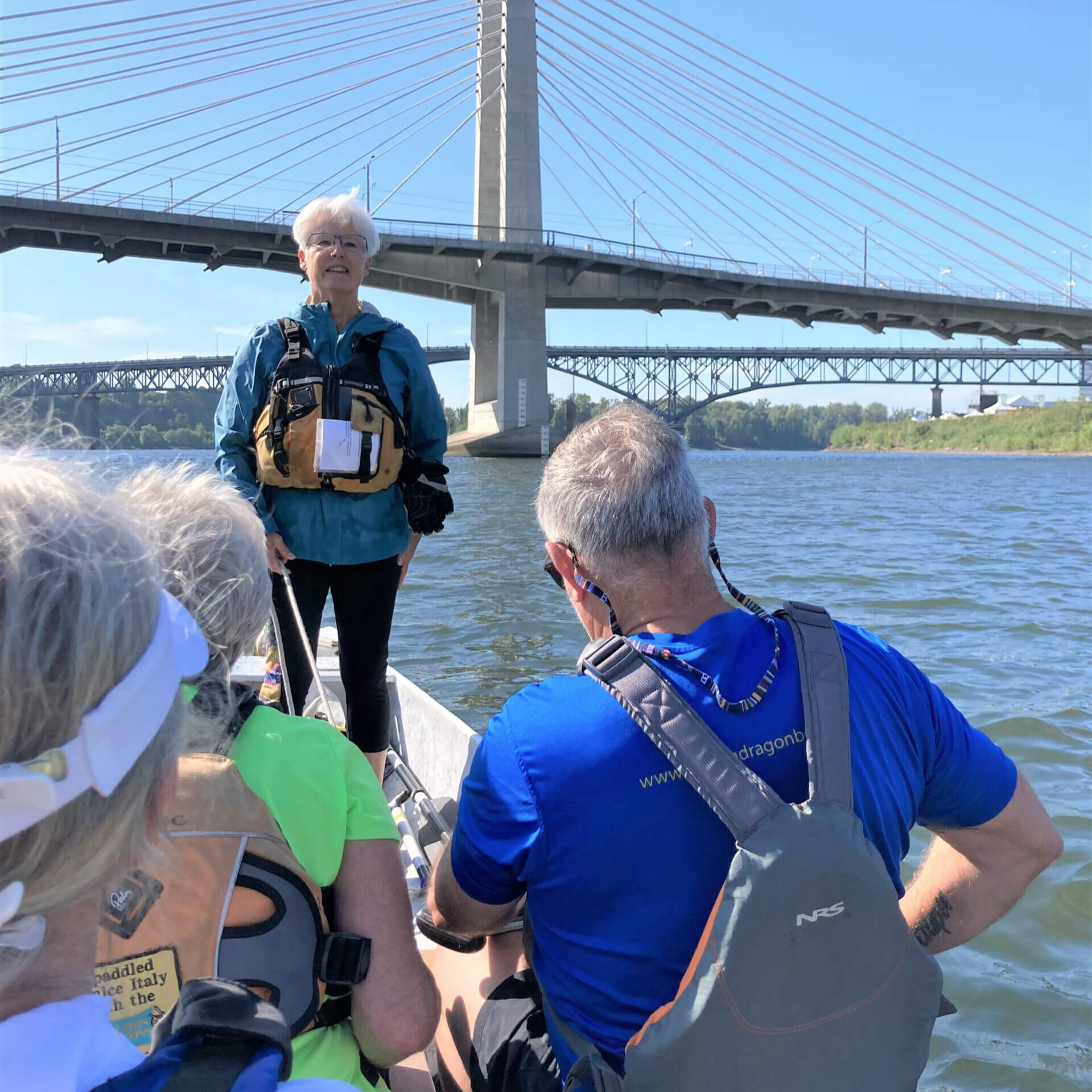In 1980, a devastating diagnosis changed my life –– for the better.
I had a physically taxing job in the photocopy industry held by few women at the time, while struggling on the home front in an emotionally exhausting relationship. When I found myself dropping things on the job, sleeping 10 to 12 hours a day but never feeling rested, waking up repeatedly with numb hands and arms, I just kept pushing myself. I told myself, “You can do this, just hang on a little longer, everything will work out.”
A trip to the doctor for my annual physical didn’t put my mind at rest. I hoped he would give me something to perk me up. Instead, I received a diagnosis of multiple sclerosis at the age of 30.
Definitely not what I expected. It completely changed my life.
This life-altering diagnosis was a huge wake-up call. I could no longer deny all the physical symptoms my body had been urging me to notice. With each progressively serious symptom, my physical self kept kicking me in the rear, telling my head to wake up and pay attention.
Finally, my body won the argument.
I was single and had just bought my first house. I was also working in a physically demanding job as a photocopier repair technician. I had to keep proving myself to those around me, including management. Taking time off was especially frowned upon and viewed as a female weakness, so when the doctor prescribed five months off work to rest and reclaim my health, I was sure that would be the end of my job.
That was a huge emotional stress.
Fortunately, my company had an extremely generous disability policy, and I was able to take the time off with full pay. Management was unhappy and probably figured it was just a matter of time before I left.
But I proved them wrong.
I returned physically stronger after five months and became an award-winning employee, eventually retiring after 30 years.
How did a life-changing diagnosis become a positive force in my life?
In those five months I learned how to rest, how to eat a very low-fat diet, and how to manage physical and emotional stress. I was fortunate to become part of an MS trial seminar series to learn coping skills to live with the disease. I learned and practiced relaxation techniques to relieve my body of the physical stress.
Quieting the self-doubt causing the emotional stress was harder. A friend gave me a poem by Walter D. Wintle, “The Man Who Thinks He Can.” After reading it every day for months, I finally believed in myself enough to end that emotionally stressful relationship and feel comfortable living on my own.
The seminars about MS gave me a complete picture of how the disease could – but not necessarily would – progress. I might find it difficult to walk, perhaps needing a cane, and possibly a wheelchair. My motivation to keep my body moving has been the image of being chased by that wheelchair.
I regained my physical strength by swimming several times a week, and I started weight-training classes on the days I didn’t swim. Not being a morning person, those 5:30 am trips to the gym were a killer, but it was the only time I had for consistent exercise. When I slacked off, my mental stress would increase and my physical symptoms would return and I would realize I was listening to my head instead of paying attention to my body.
Forty-three years later and at age 73, I am still keeping ahead of the wheelchair. Today, rather than riding that wheelchair, I race Dragon Boats, kayak, hike, cross country ski and snowshoe, play pickle ball, practice Pilates, travel, and continue to be very active.
Aging and injury have taken a physical toll on my body, but what I learned after my initial diagnosis helps keep me in balance. My head wants to deny my hurting shoulder, which is a common injury with dragon boat paddling. What I know is that it will take longer to heal, and I need to pay attention and get the physical therapy it needs, and give myself time to heal and to prevent future injuries. I intend to keep paddling, hiking, and enjoying all my other activities well into whatever “old age” becomes, so I will continue to listen to my body instead of my mind.
The journey to overcome the poor choices my head was making and to listen to my body wasn’t easy, but the life lessons in mental toughness and physical self-care are ones I use every day. Now (mostly) I listen to what my body is telling me rather than letting my head override physical clues to my well-being.

Cathy Waterman Skiing
In 2002, Cathy Waterman retired from Xerox Corporation after 30 years as a photocopier repair technician. Fulfilling a lifelong desire to teach and coach sports, she became a certified Water Aerobics instructor and taught at various health clubs for the next seven years. Now as a certified dragon boat coach, and Head Coach of her dragon boat club, she regularly instructs new dragon boat paddlers and coaches race teams. She can be reached at [email protected].


0 Comments